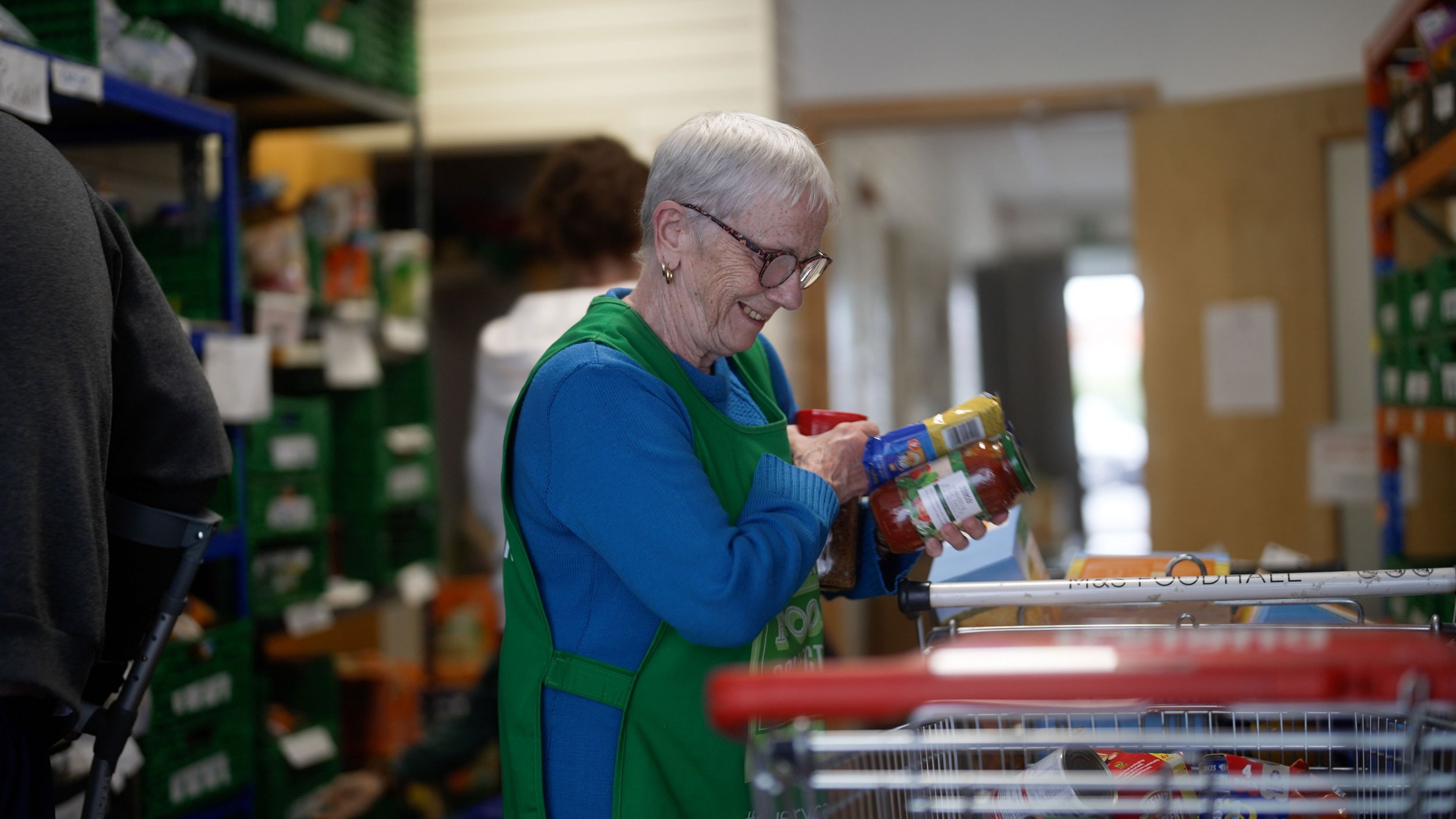
Donate
Support the work of Love Your Neighbour
We believe that everyone can play a part in the transformation of society, and together we can see lasting change, for good. All donations will support the work of Love Your Neighbour.
How to give
Regular giving
One-off donation
Other ways to give
Give monthly
Give once
Other ways to give
-
Bank: National Westminster
Payable to Church Revitalisation Trust
Payment reference: Love Your Neighbour
Sort code: 60-04-04
Account number: 8515 7139
Swift: NWBKGB2L
IBAN: GB85NWBK60040485157139 -
If you are considering making a bequest to Love Your Neighbour or have already included a gift to Love Your Neighbour in your will and would like to speak to someone about legacy giving, please contact partners@revitalisetrust.org
-
Give through a charitable aid agency such as Stewardship, JustGiving, CAF, Charities Trust, or Charitable Giving.
-
Giving via Payroll Giving means you give ‘pre-tax’. You can therefore pass on the full benefit of your tax immediately.
For Higher Rate and Additional Rate taxpayers, this increases your charitable donation by the amount of the tax you would have paid on the donation if you’d kept it as income – 67% or 82% respectively, an increase of 33% and 45% over Gift Aid.
If you are a Basic Rate taxpayer, Payroll Giving would increase your donations by 25%, which is the same as a Gift Aid declaration.
If your question isn’t answered above or we can help you with anything else, please reach out to partners@revitalisetrust.org
Where does my money go?
Your financial gift enables us to continue working with churches so that they can support individuals in the following ways:
Crisis
Supporting those in emergency situations through crisis food provision and other immediate help.
Cause
Helping to identify and tackle the underlying causes of poverty and equip people in areas such as debt advice and employment training.
Community
Providing community-based support through ongoing wrap-around care such as mental health groups, drop-in cafes and supportive relationships through the church.














